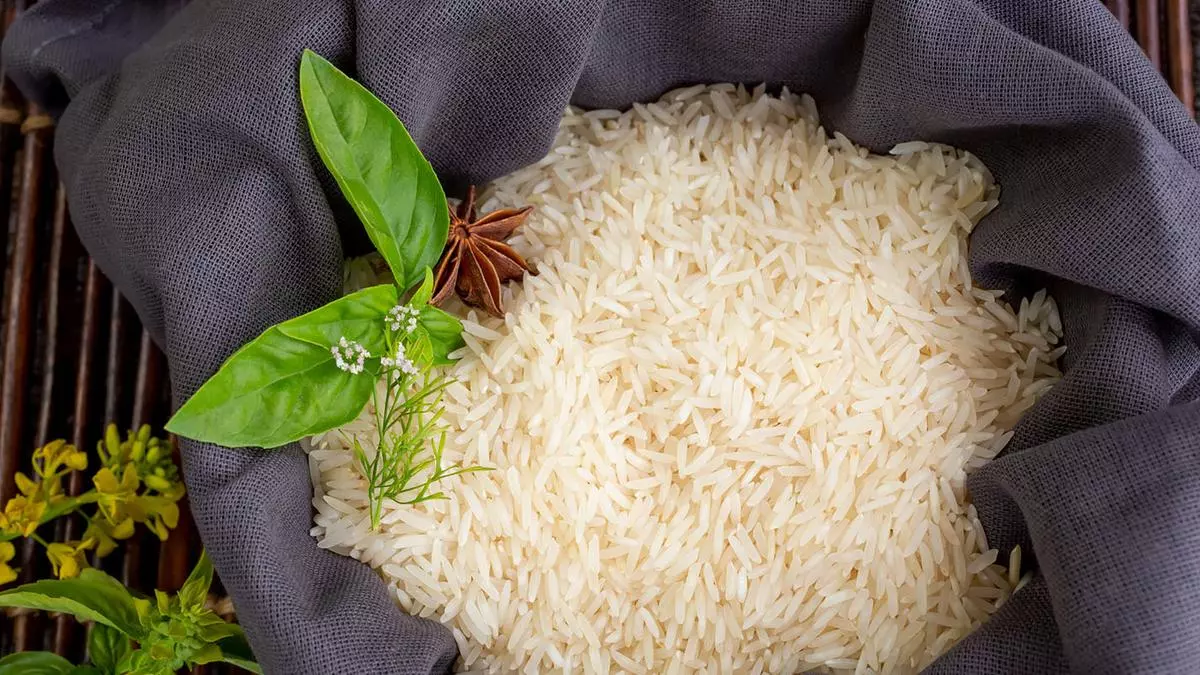New Zealand rejects India’s ‘certification of trademark’ application for Basmati rice
New Zealand has rejected India’s application for certification of trademark, which is equivalent to a geographical indication (GI) tag, for basmati rice, joining Australia in doing so.
The Intellectual Property Office of New Zeland (IPONZ) declined to provide the certification citing that the fragrant rice is grown outside of India and the growers have legitimate right to use the term, said AJ Park, one of the largest intellectual property firms in the Australasian region.
In January 2023, Australia rejected India’s application seeking geographical indication (GI) tag for its basmati rice. IP Australia, the authority, rejected the application because it is “not grown only in India”.
For India, the Agricultural and Processed Food Products Export Development Authority (Apeda), which promotes exports and takes care of GI registration for Indian products abroad, filed the certification of trademark application.
‘Strategy needs review’
AJ Park said the Indian government sought to protect the term “Basmati” to preserve its cultural and economic significance in the product. However, IPONZ’s decision underscores a broader debate over geographical indications and the rights of producers from different regions.
India argued for exclusive rights based on the historical association of “Basmati” with its agriculture and culinary traditions. However, IPONZ said the evidence provided showed that other rice-producing countries such as Pakistan also contribute to the market for this sought-after rice variety.
“After Australia’s decision, the decision of IPONZ indicates that India should have worked more on its historic reputation to claim exclusive rights on basmati rice,” said S Chandrasekaran, author of “Basmati rice: The History of Geographical Indication”.
He called for a comprehensive review of India’s strategy in seeking the GI tag since a case of exclusivity is linked to the country’s sovereignty.
Pak also applies
What experts such as Chandrasekaran say is India should make it clear that is has been growing Basmati rice for hundreds of years, while countries such as Pakistan have only a 75-year history.
The Trade Development Authority of Pakistan applied for the “Basmati” trademark in December 2023 and it has been given further time from May 2024 to submit more documents in support of its application.
AJ Park said the decision will likely spark controversy and legal challenges regarding the ownership and protection of geographical indications in international trade.
In the case of Australia, India has moved the Federal Court of Australia in February 2023 and the case has since been pending.
Besides Australia and New Zealand, the European Union (EU) has also been dragging its feet in providing GI tage to India for Basmati since June 2018.
However, things could change soon as India and the EU are likely to enter into a bilateral agreement to provide the GI tag with New Delhi extending it to EU’s cheese and wines in return for favouring Basmati rice.
